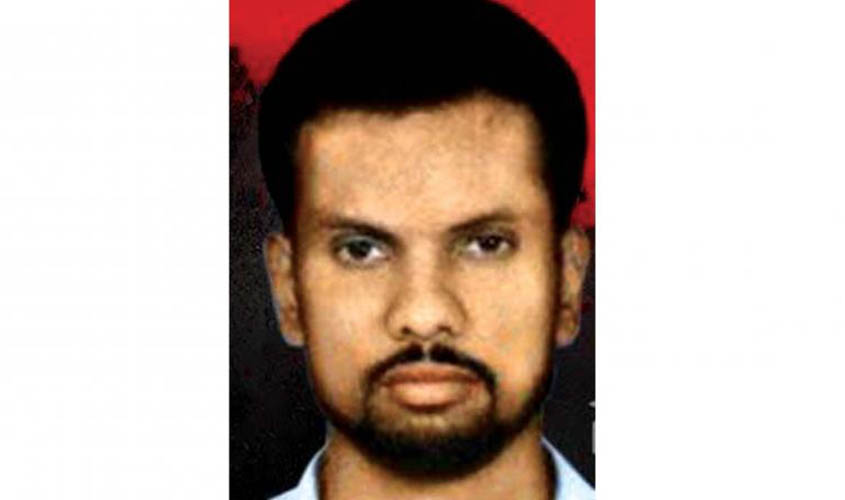In yet another setback to the CPM in Kerala, a Central Bureau of Investigation court has rejected a petition for further probe into the murder of Muhammad Fazal, a party deserter in Thalassery, in Kannur district, in 2006. The court observed that the investigations had already been completed and the magistrate could not suo motu order further investigation. It will be permissible only if and when the investigation agency places a request on the basis of fresh evidence. The CBI, which probed the case, has found the involvement of two prominent CPM party leaders in the murder. Citing political vendetta, the CBI had noted that Fazal had quit CPM and joined the National Development Front (NDF), a Muslim organisation in Kerala, which later became the Popular Front of India. Fearing an exodus of party workers to the Front, CPM’s Kannur district secretariat member Karayil Rajan and area committee member Karayil Chandrashekharaan “had hatched a conspiracy to eliminate Fazal”. They allegedly deployed a gang of party workers with criminal background to undertake the murder. Fazal was murdered on 22 October 2006, early morning. The previous night there was a minor clash between the BJP and NDF workers. The CPM leaders allegedly used this opportunity to kill Fazal and put the blame on the Rashtriya Swayamsevak Sangh workers. The Karayils allegedly even tried to give a “communal colour” to the murder at that time by instigating Muslims in the area.
Interestingly, while the case was under the consideration of a CBI court, the police and CPM submitted a “confessional” video of an RSS worker, who was arrested in connection with another case, admitting to the murder of Fazal and exonerating all those CPM accused. Though the veracity of the video was in doubt, it is on the basis of this tape of one Subeesh that Fazal’s brother Abdul Sattar, a known CPM worker, moved court, seeking further probe into the case. However, the court was convinced with the argument put forward by the CBI that Abdul Sattar was joining hands with the CPM accused, to undermine the case. “This is a case where the brother of the deceased, whose loyalty is under challenge, has come with an application seeking further investigation. The probe agency has not come forward with the demand,” the judge observed. The court further noted that the CBI probe was ordered by the High Court, following a writ petition filed by the wife of the deceased, who has not come forward with any such prayer. The investigation agency insisted that Fazal was killed by CPM goons as the party feared Fazal would wean away many of its workers. The origin of the video became more intriguing, with Subeesh addressing the press a day after it came out. Subeesh told newspersons that senior police officers had forcibly extracted such a confession from him. He alleged that he was made to sign those confessional statements under duress and even named two Deputy SPs in forcing him to do so. He claimed that he has not seen the video so far, nor was he aware that his voice was in the tape. He also alleged that while he was being questioned, the police officers were in constant touch over phone with top CPM leaders, including the controversial district party secretary, P. Jayarajan. How such a video could be made and how it could get more prominence than Subeesh’s statement in front of the local magistrate remain unanswered. The CBI also brought to the notice of the court that police chief had shown extra interest in the case and even sent a copy of the tape to the CBI chief.
While moving the petition for further investigation into the case, the accused thought that the video would turn out to be clinching evidence as to their innocence. But the court, while expressing its reservations about the confessional tape itself, took serious note of Subeesh’s denial. Subeesh too had told the court that the police had read out the statement many times to him, almost forcing him to do the same. While recording the statement, Subeesh said, the police made him repeat the same many times for clarity. Moreover, the CBI accused the police of releasing the controversial tapes on the pretext of right to information, while a ruling on the inquiry was pending. This was considered a blatant violation of rules. The court also examined the final report of the CBI and found that there was enough “material to connect the account with the crime”. It also took into consideration the contradictions of facts in the statements given by Subeesh and the facts revealed in the CBI investigation.

